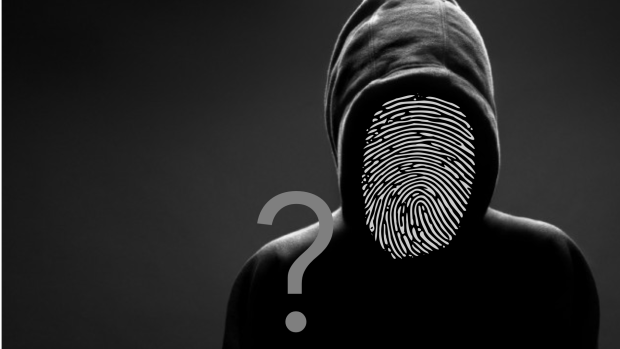
According to a report by WA Today on the 24th November, Identity Theft is an issue that has been increasingly dangerous and is actually ‘the fastest-growing type of fraud.’
My focus is on personal identity theft, and it is an issue of such significance that there is a tv show currently based on the topic. ‘Catfish’ is a Documentary style investigation show that looks further into finding and contacting the people behind some of the most serious cases of identity fraud, from money laundering to online relationships that can often span years.
It is a show I watched myself and found particularly interesting, firstly because it was a funny and unimaginable concept to me that someone could pretend to be someone else (when it came out in 2012,) but mainly because it was something that was absurd and unusual at the time. Now however, it has almost become the norm; It is common for individuals (some of my friends included) to cause identity theft to catch out a cheating boyfriend (that quickly becomes an ex,) lying friend or to comment and express yourself anonymously.
A BBC Report on ‘the curious case of Leah Palmer’ is an example of this identity fraud. Ruth Palmer essentially had her pictures taken and used on social media accounts instead as ‘Leah Palmer.’ The individual created profiles across several platforms including Instagram and Tinder. ‘Leah’ engaged in cyber relationships, lied about locations and about the identity of an ‘evil ex’ who turns out to be Ruth’s loving husband. What was particularly strange was the fact that the would have known the person doing it as there were also pictures of even her close friends and family used to make the profiles appear more authenctic.
A Twitter account @aretheyloyals specifically dedicates itself to using pictures of either boys or girls, sending them with a different name and approaching an individual (in a relationship) to show interest. The individuals response is then posted on social media (and I assume sent to other partner in the situation) to show whether or not their partner is faithful.
 There is usually a background reason or motive for everything that happens, and this is the notion that has been central to all my posts thus far. Catfish the TV show for example, is a prime example of this search for intention. They make a specific effort to dig deeper into the lives of the individuals committing the identity theft and often find a broken or bullied soul. In the case of Leah Palmer and other victims from the episodes I’ve watched, the people stealing identities are within the same social circle as the thief, and there can arguably be malicious intent, however for the most part, individuals find a sense of confidence, beauty or power in embodying a persona other than their own. It can be their escape; their opportunity to finally feel beautiful, or to finally feel recognised.
There is usually a background reason or motive for everything that happens, and this is the notion that has been central to all my posts thus far. Catfish the TV show for example, is a prime example of this search for intention. They make a specific effort to dig deeper into the lives of the individuals committing the identity theft and often find a broken or bullied soul. In the case of Leah Palmer and other victims from the episodes I’ve watched, the people stealing identities are within the same social circle as the thief, and there can arguably be malicious intent, however for the most part, individuals find a sense of confidence, beauty or power in embodying a persona other than their own. It can be their escape; their opportunity to finally feel beautiful, or to finally feel recognised.
There are obviously differing degrees to Identity theft; stealing someone’s bank details or ID and stealing someone’s pictures are two very different things, but in this case I believe the ethical issue of identity theft is one that must be looked at through a very specific lens. People cannot simply blanket all individuals that commit the act as thieves, because often, they are victims.
BBC Report – The Curious Case of Leah Palmer
Twitter Account – @aretheyloyals
Hi Davina,
I found your post intriguing and I have actually learnt something I never knew– Before reading your blog, when I see the phrase ‘identity theft’, the first thing that came up in my mind would have been someone’s bank details and ID’s being stolen online. An actual identity fraud is something I rarely come across, but having read your post, I agree that this is an underrated issue that should be taken seriously.
Besides, I found it very interesting how you mentioned those who steal identities find a sense of confidence, beauty or power in embodying a persona other than their own. It’s because I would have personally found it very strange to want to be anyone else other than myself, as I believe that no one lives a perfect life – even the most successful people we know may have their own sorrows. With that said, it makes much sense to me that individuals committing the identity theft are often victims themselves. Similarly, like what I have read from materials in Psychology, it was found in studies that there is a high prevalence of childhood traumatic experiences among crime offenders.
From what I have read, it seems that those who suffer are those who are more prone to committing the same crimes later in life. Do you think there are any ways to prevent such problem from developing? Perhaps a way to discover the disposition to this earlier in life?
Thanks for sharing!
Hei Lam
LikeLike